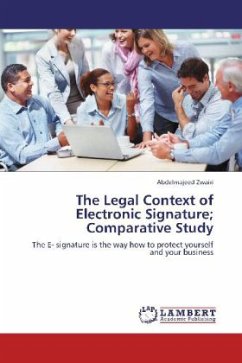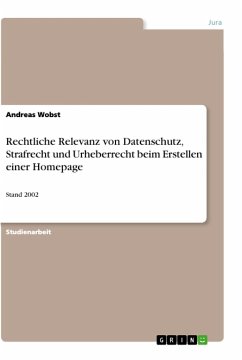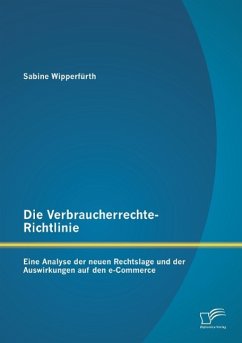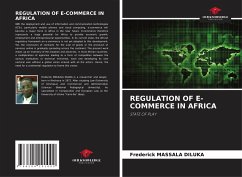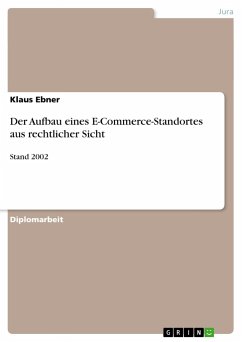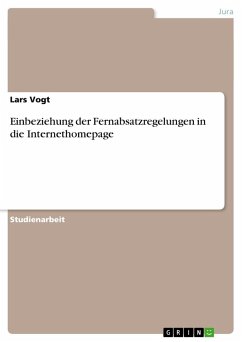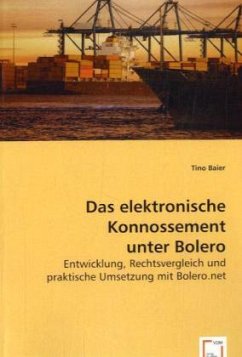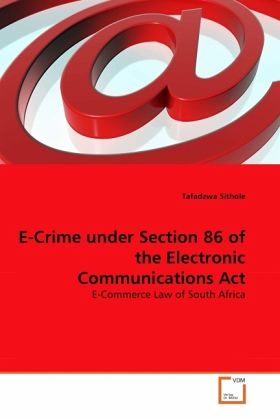
E-Crime under Section 86 of the Electronic Communications Act
E-Commerce Law of South Africa
Versandkostenfrei!
Versandfertig in 6-10 Tagen
32,99 €
inkl. MwSt.

PAYBACK Punkte
16 °P sammeln!
The modest objective of this research paper is to provide a general overview of the phenomenon commonly known as e-crime or computer crime. More specifically, the discussion will center on section 86 of the Electronic Communications Act (ECT Act).1 The application of the criminal law provisions found in section 86 will be examined. Attempts will also be made to interpret the section. As with almost any new piece of legislation, interpretation problems may arise. Where this is the case, possible recommendations will be made. Lastly, the paper will focus on some the crimes that are not found in ...
The modest objective of this research paper is to provide a general overview of the phenomenon commonly known as e-crime or computer crime. More specifically, the discussion will center on section 86 of the Electronic Communications Act (ECT Act).1 The application of the criminal law provisions found in section 86 will be examined. Attempts will also be made to interpret the section. As with almost any new piece of legislation, interpretation problems may arise. Where this is the case, possible recommendations will be made. Lastly, the paper will focus on some the crimes that are not found in the Electronic Communications Act. The main task in this part of the paper is to determine whether the common law is sufficient to deal with these new offences. Conducts known as phishing, advance fee fraud, identity theft and cyber stalking will be discussed.



